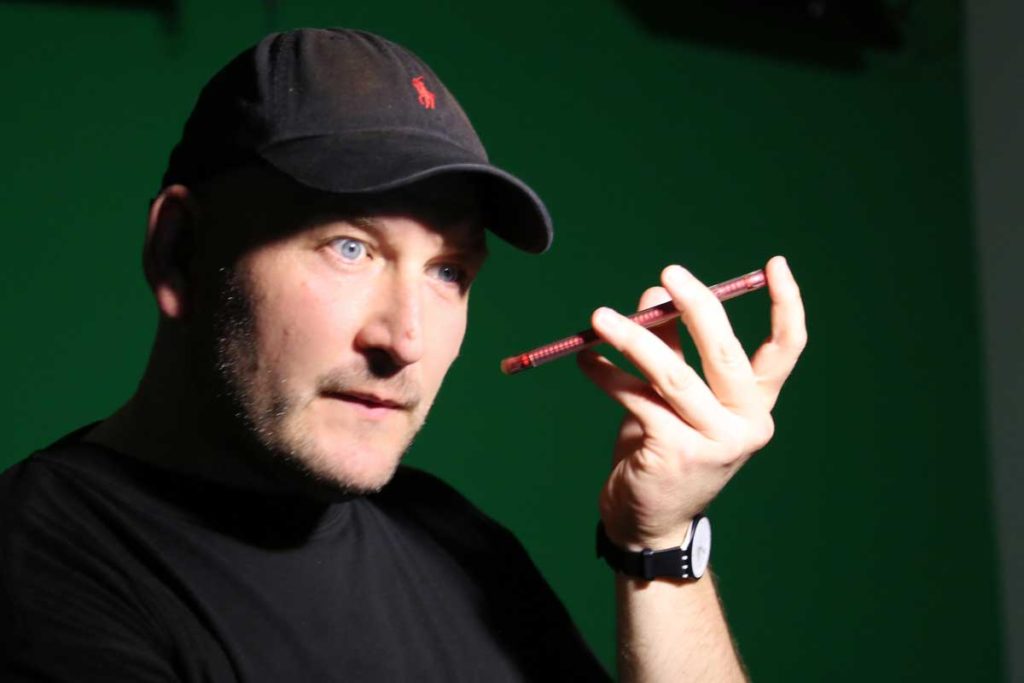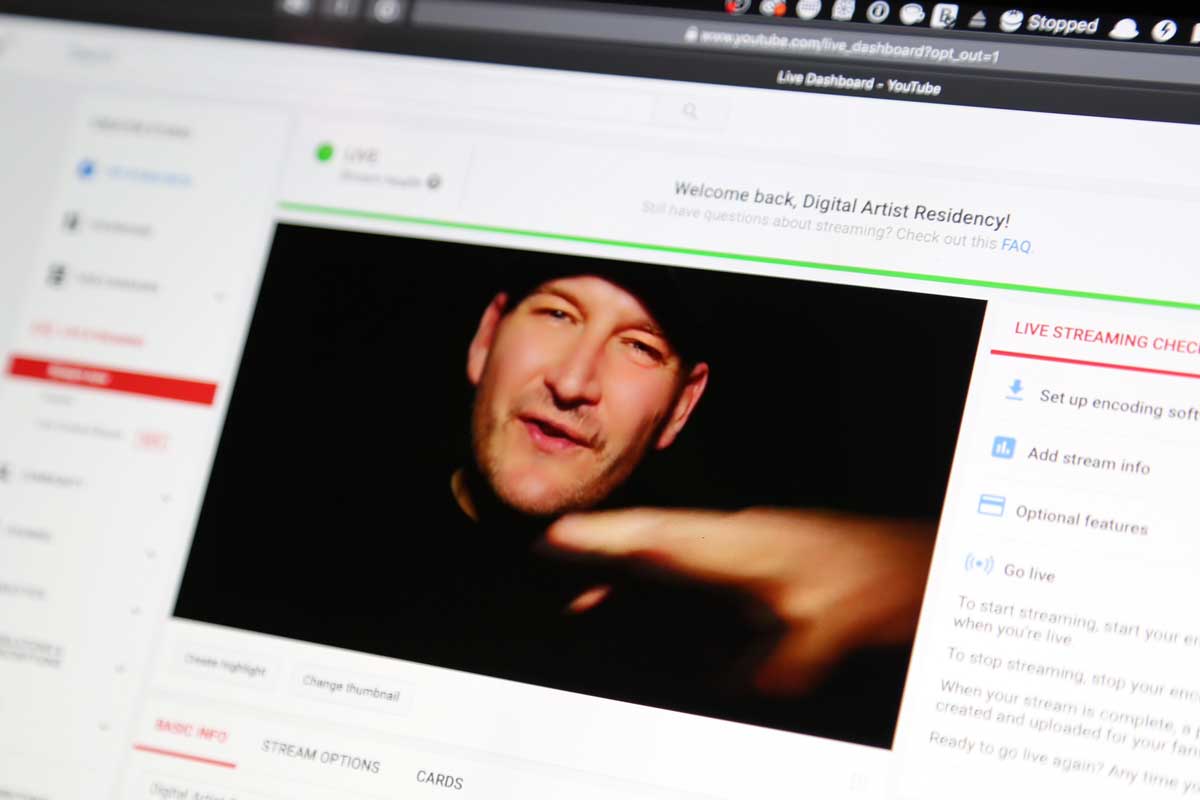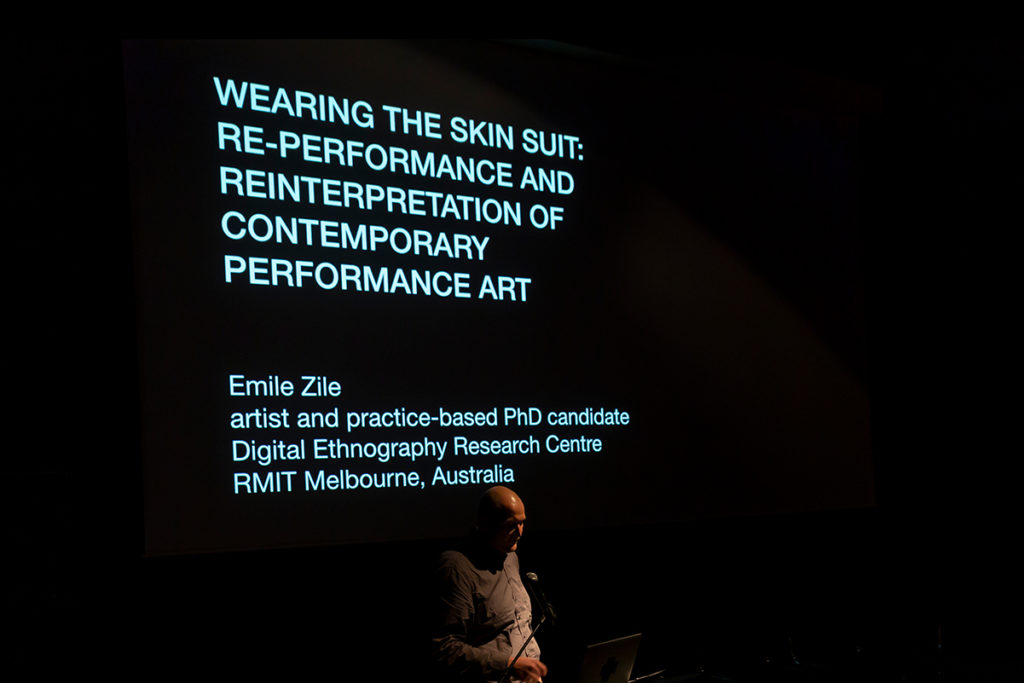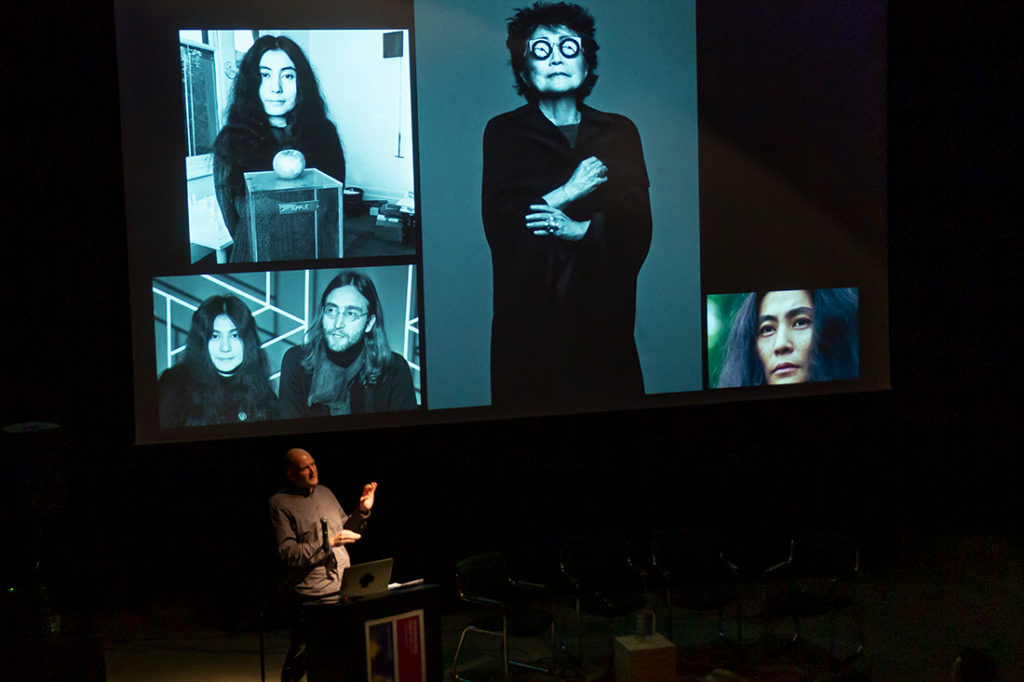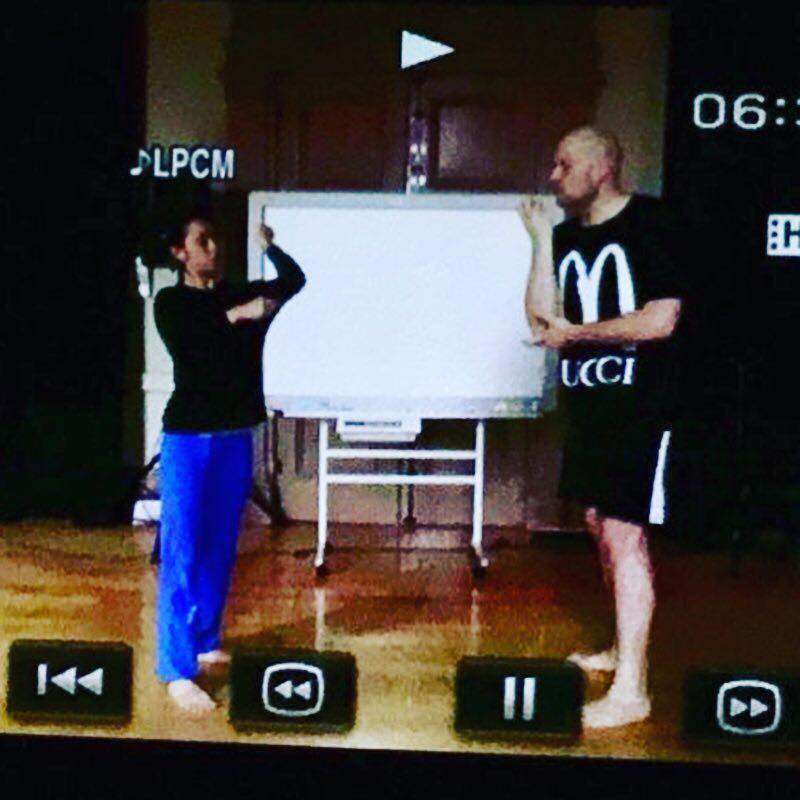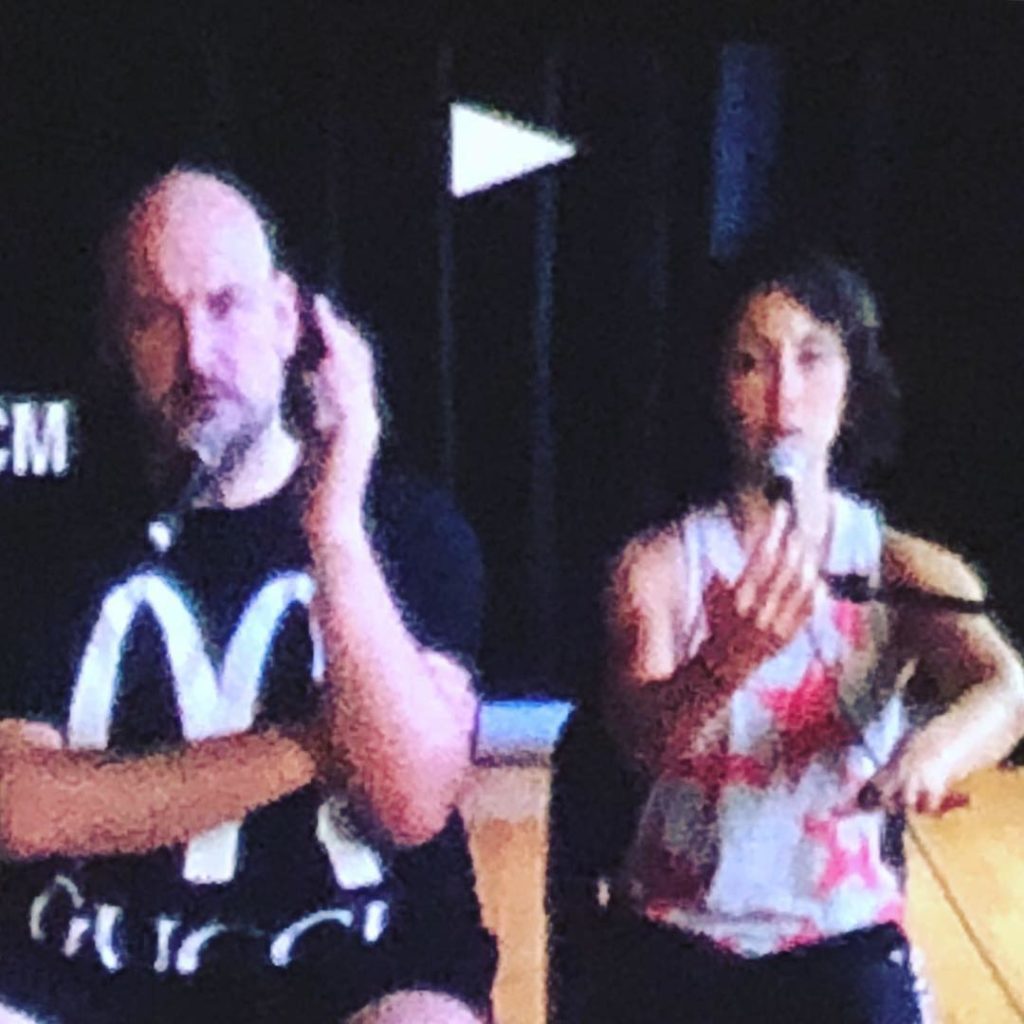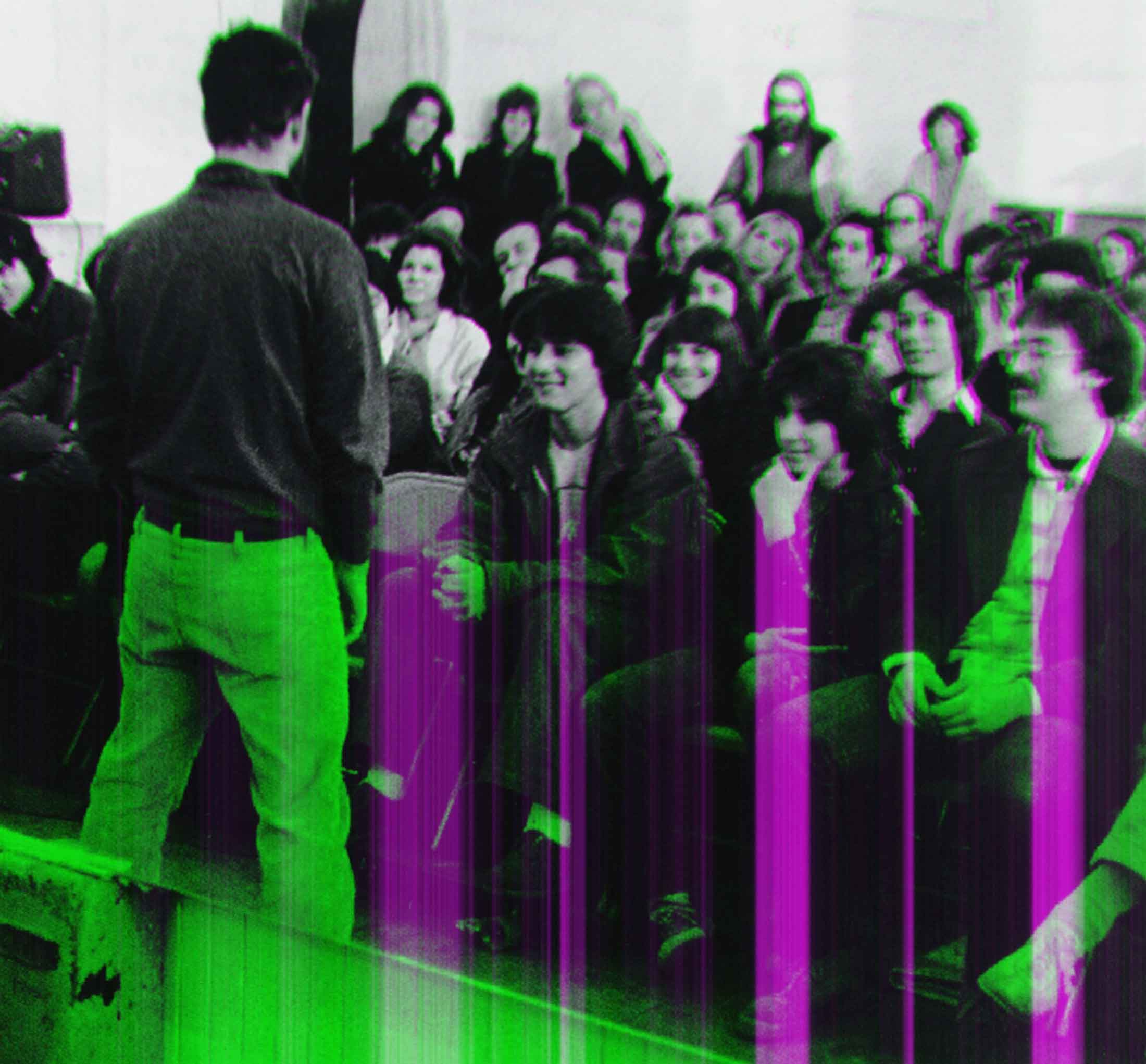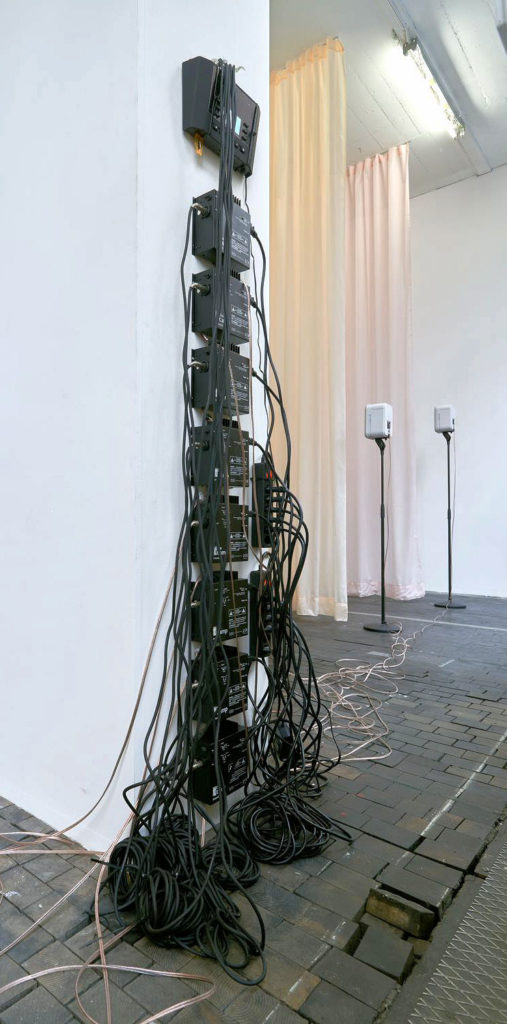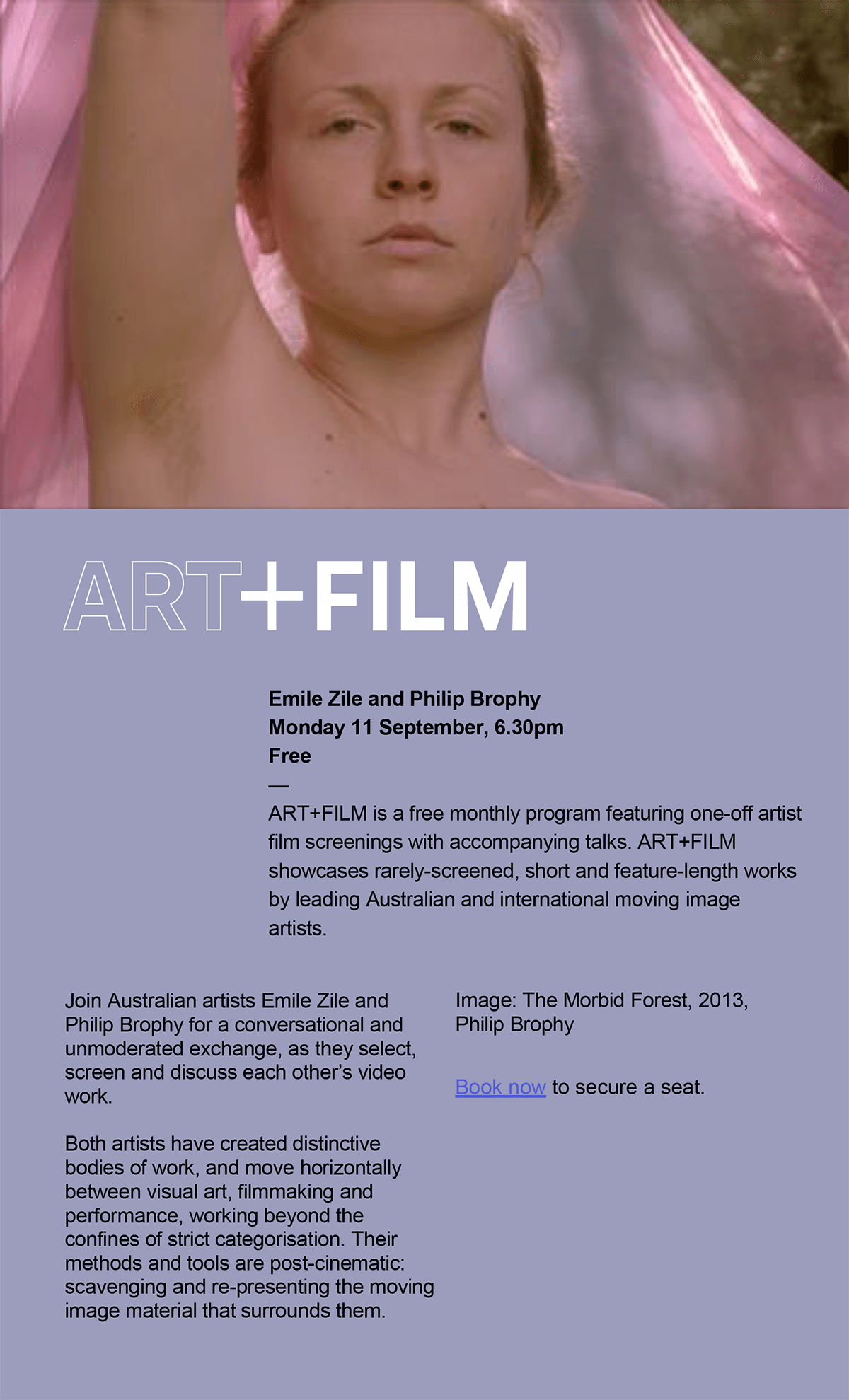In late May I will be in Los Angeles for the Saas-Fee Summer Institute of Art at Otis College of Art and Design Los Angeles.
— Art and Politics in the Age of Cognitive Capitalism —
http://saasfeesummerinstituteofart.com
Saas-Fee Summer Institute of Art (SFSIA) is a nomadic, intensive summer academy with shifting programs in contemporary critical theory academy that originated in Saas Fee, Switzerland in 2015 and moved to Berlin in 2016. SFSIA stresses an interdisciplinary approach to understanding the relationship between art and politics. This year, in addition to the Berlin academy, we are hosted in Los Angeles by Otis College of Art and Design with participation of the MA Aesthetics and Politics in the School of Critical Studies at CalArts.
The academy was founded by fine artist and theorist Warren Neidich, is co-directed by art critic and poet Barry Schwabsky. Sarah Beadle is Director of Administration. It was conceived in 2014 as part of an ongoing effort to engage contemporary artists in political, socio-economic, philosophical and historical discourses concerning the power of art. Importantly it realizes that art plays both a generative and emancipatory role in producing theory while at the same time being aware of Neoliberal capitalism’s recuperative prowess.
The program runs two weeks and is structured with half-day seminars, deep readings, and workshops. In the evening SFSIA holds a lecture series, which is open to the public.
Faculty
Alva Noë, Andrew Culp, Arne De Boever, Barry Schwabsky, Candice Lin, Ed Finn, Eleanor Kaufman, Florencia Portocarrero, Graham Harman, Jason Smith, Jennifer Teets, Johanna Drucker, John C. Welchman, Juli Carson, Kenneth Reinhard, Mary Kelly, N. Katherine Hayles, Nima Bassiri, Renee Petropoulos, Reza Negarestani, Sanford Kwinter, Suparna Choudhury, Warren Neidich.

